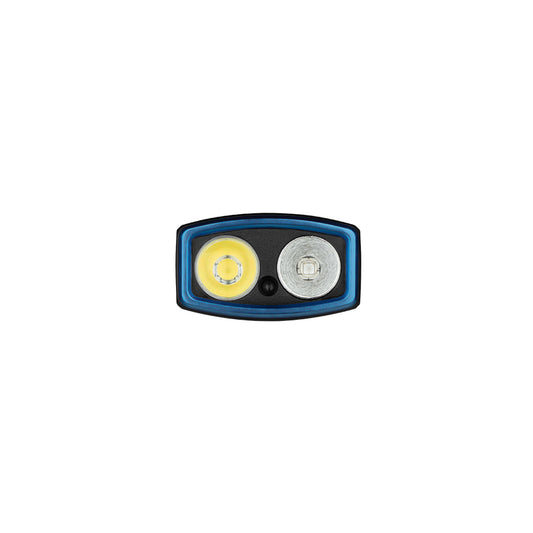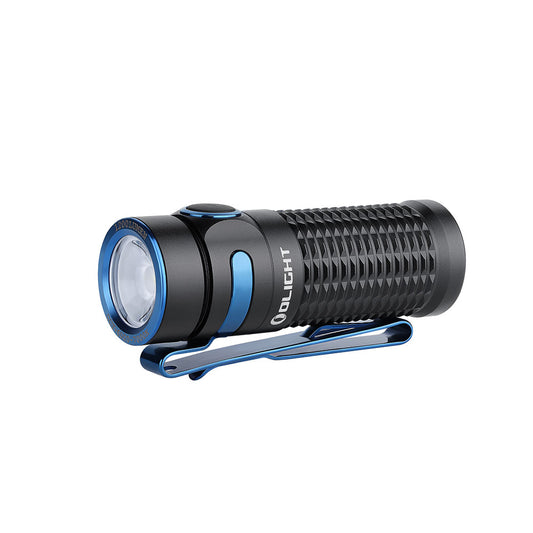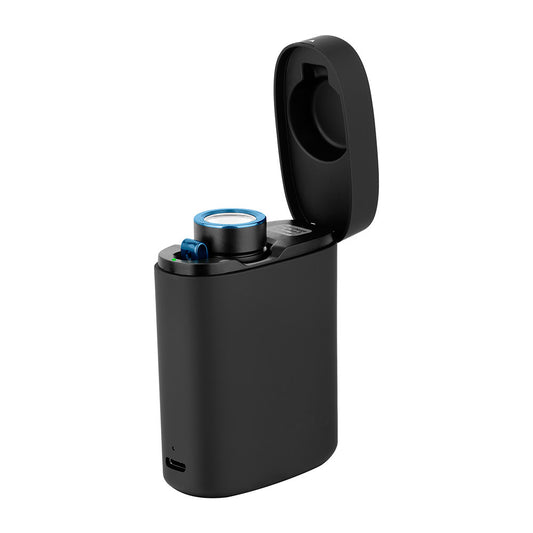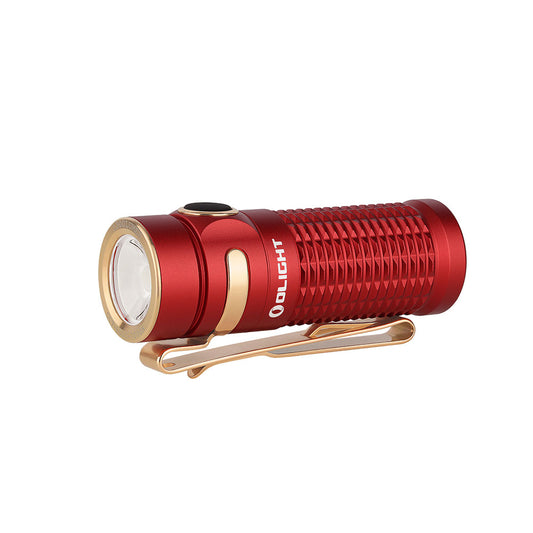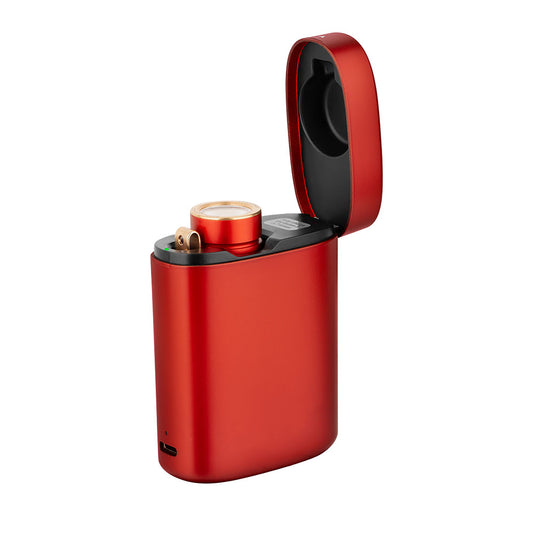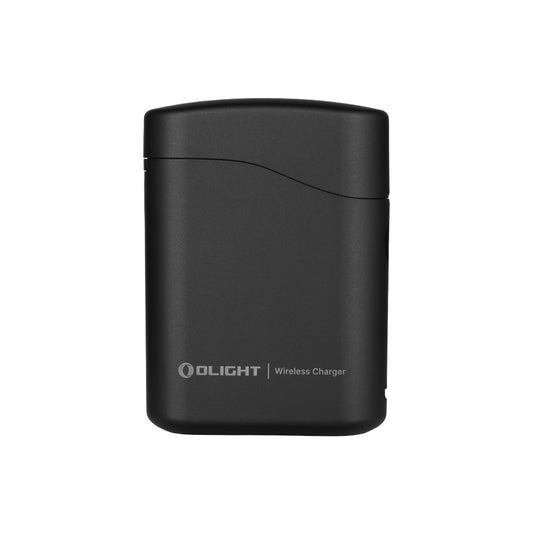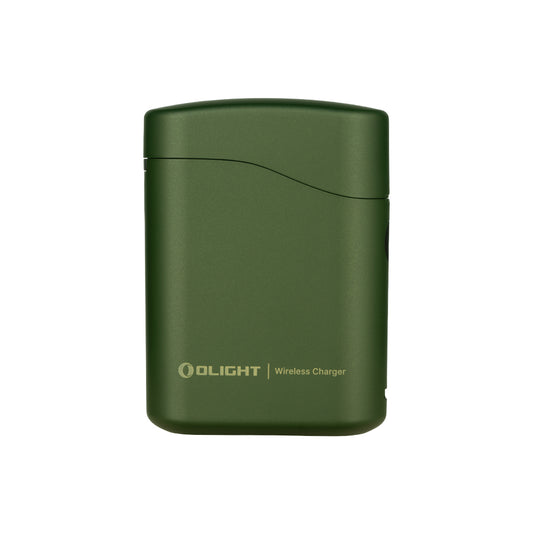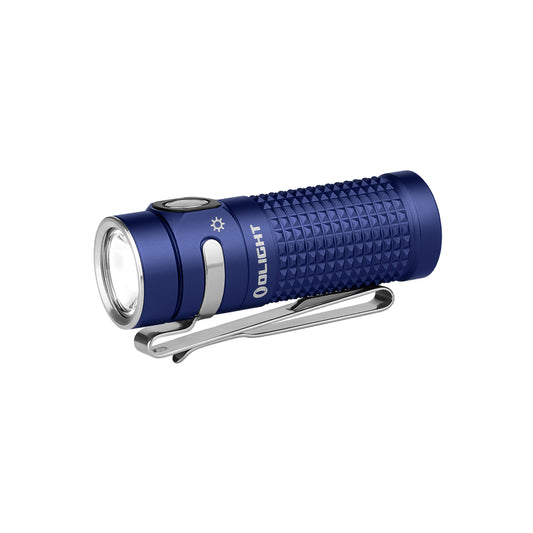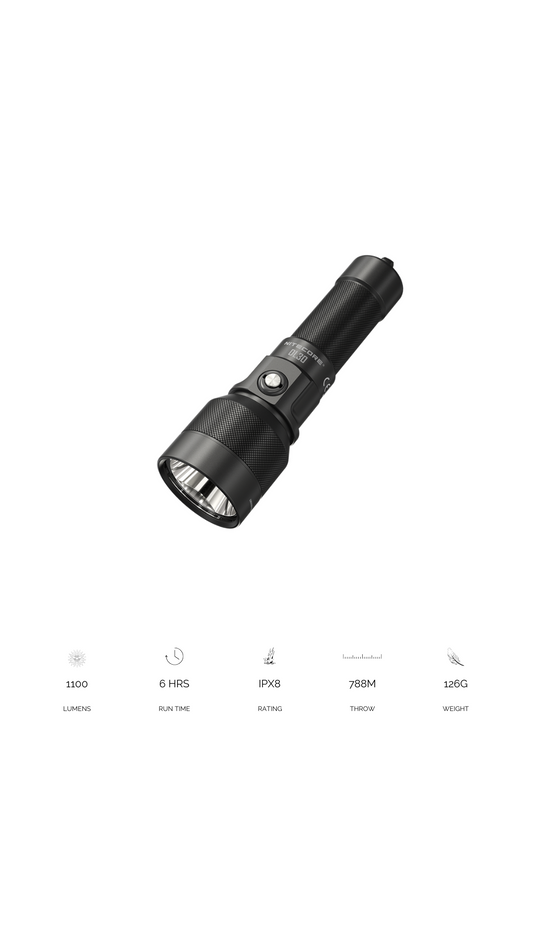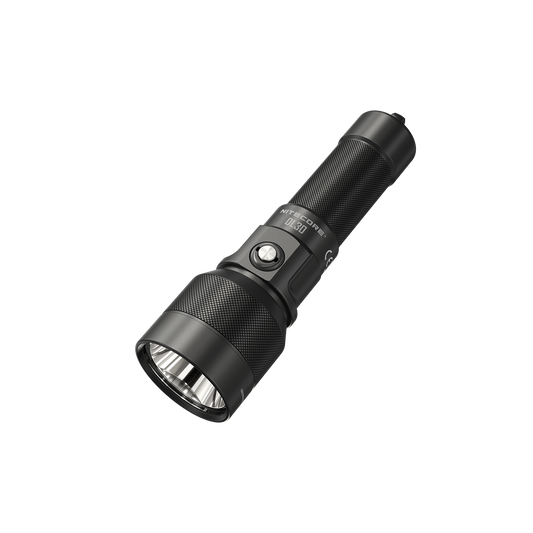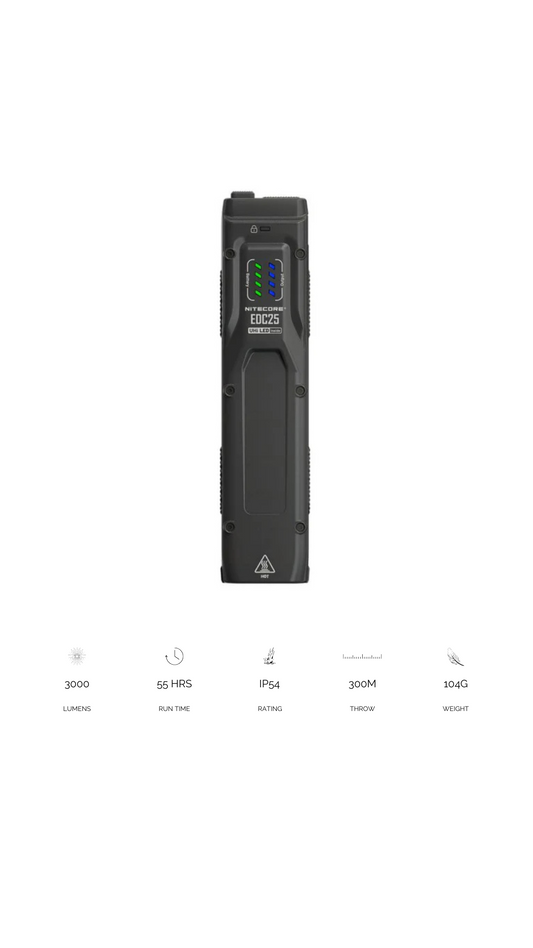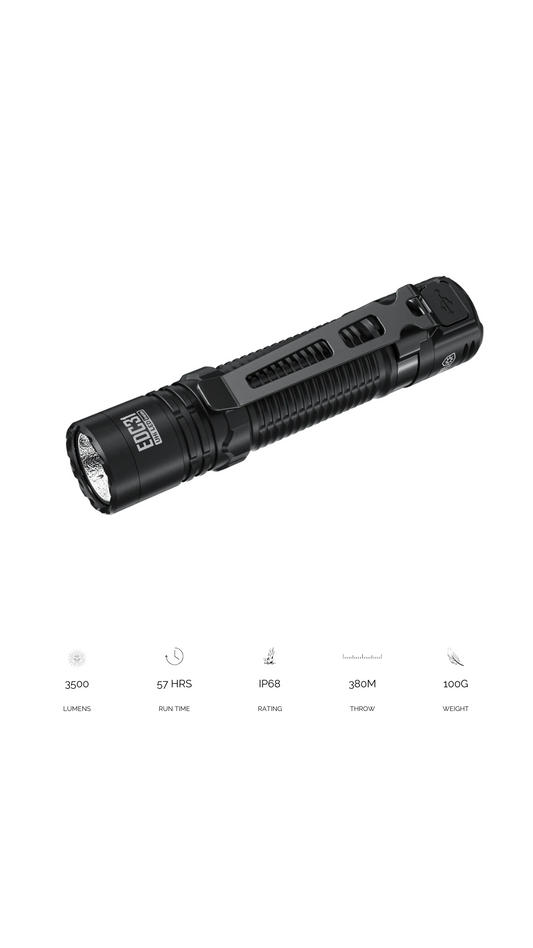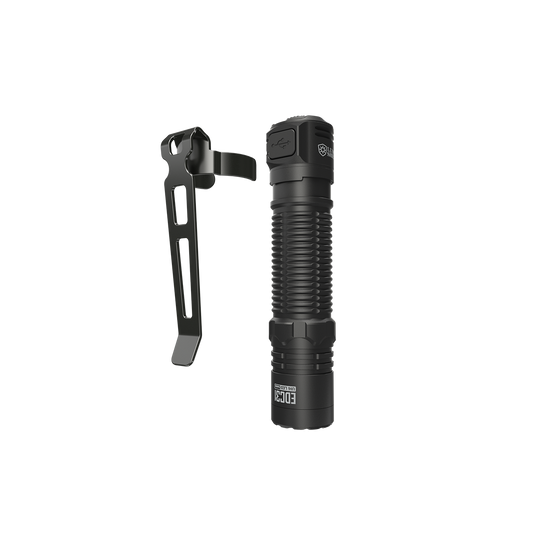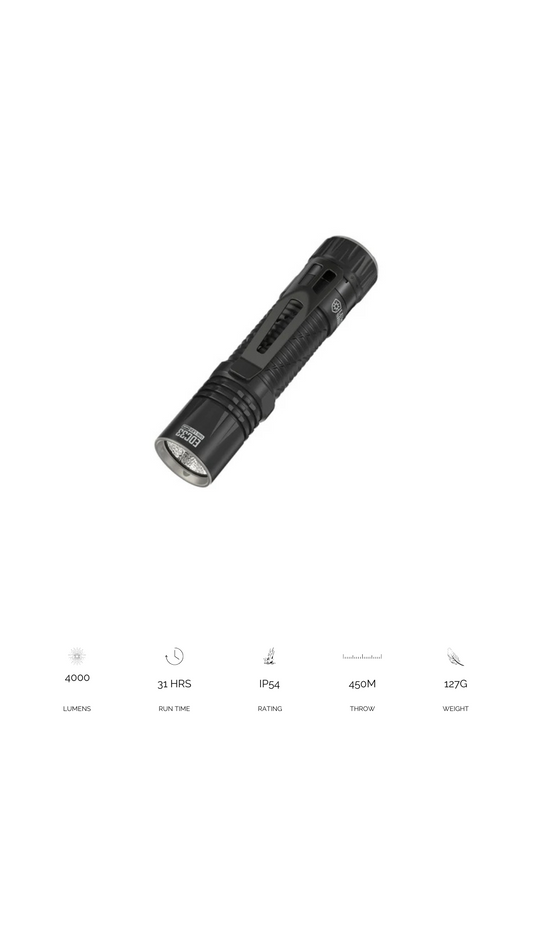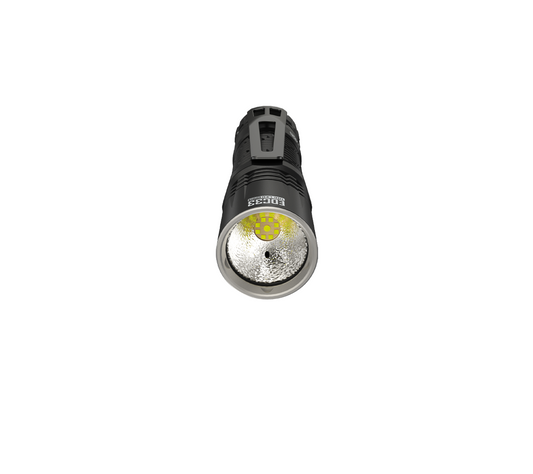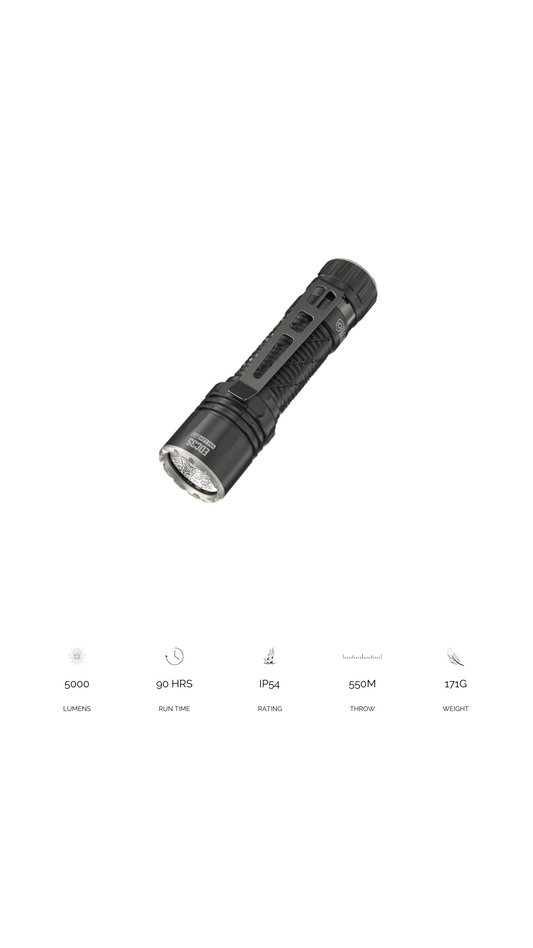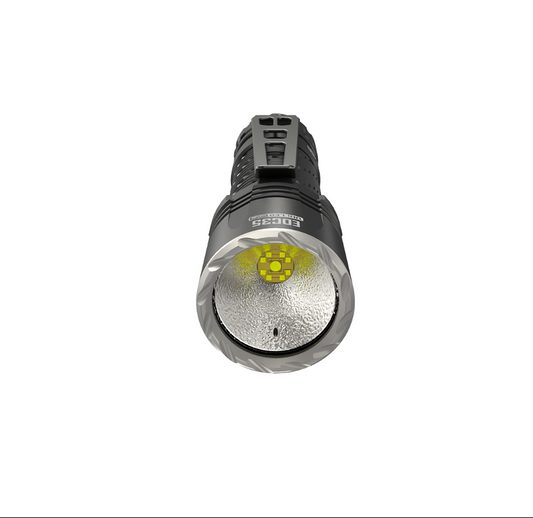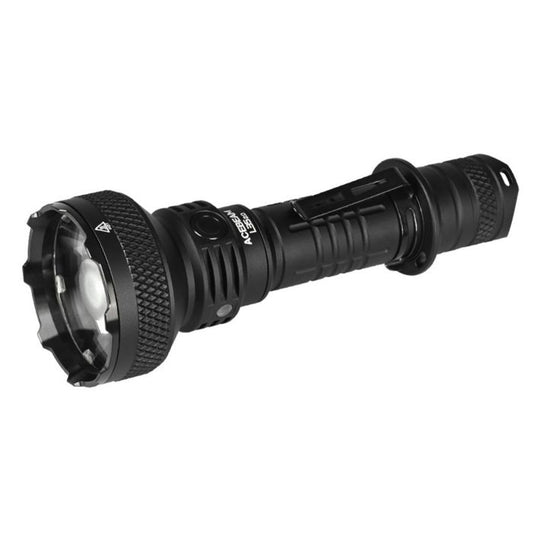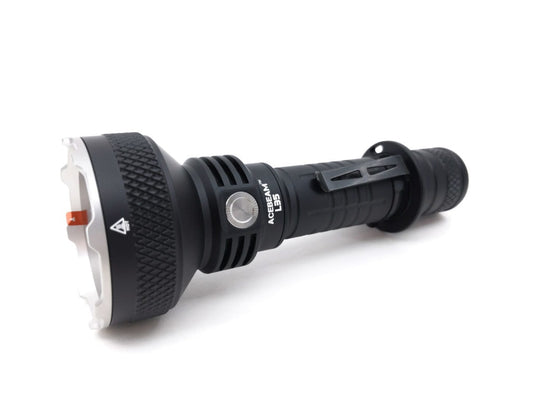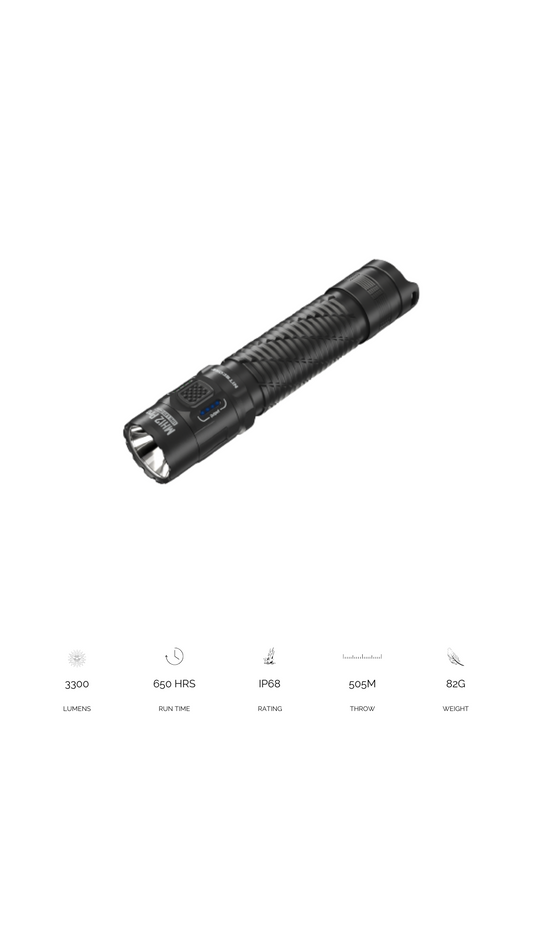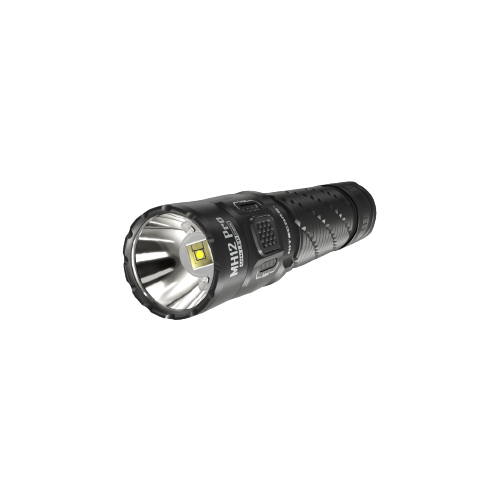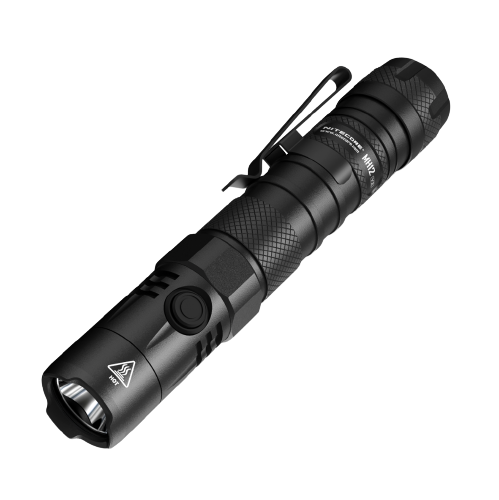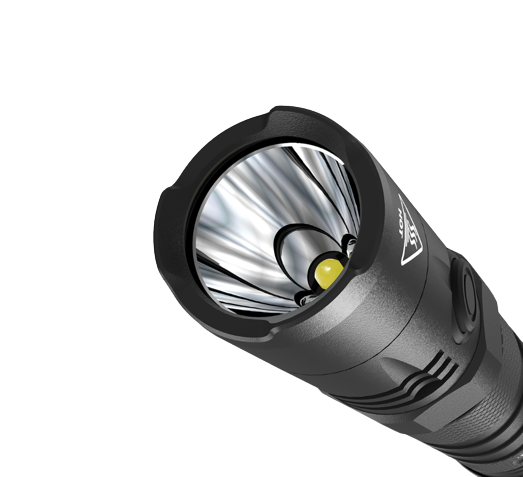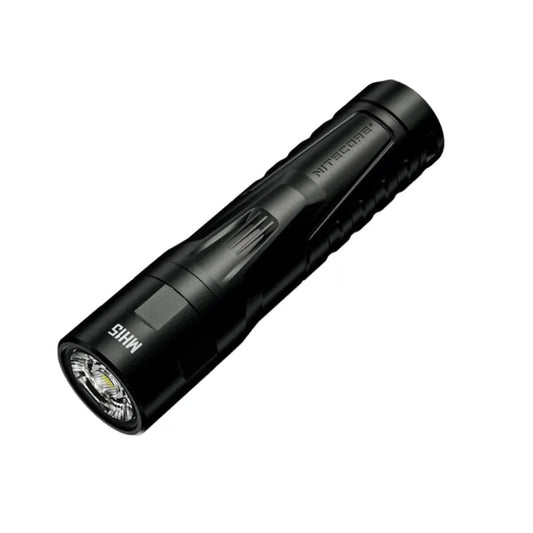
Coffee's Kick: How Caffeine Can Fuel Your Fitness Journey and Beyond - A Deep Dive into the Science
Coffee, the aromatic elixir that jumpstarts countless mornings, holds a secret weapon for fitness enthusiasts: caffeine. This potent stimulant lurks within those coffee beans, offering a range of benefits that can elevate your exercise routine, enhance overall health, and even sharpen your mind. But the magic of coffee goes beyond a simple jolt. Let's delve into the fascinating science behind caffeine's impact on your fitness and cognitive function.

The Adenosine Advantage: Blocking Fatigue at the Source - A Cellular Lock and Key Analogy
Caffeine's influence on the central nervous system (CNS) hinges on its interaction with adenosine, a neurotransmitter often likened to a "sleep switch." Here's a deeper dive into this fascinating cellular mechanism:
Adenosine: The Body's Natural Sleep Signal
Throughout the day, our body accumulates adenosine, a byproduct of energy production within cells. As adenosine levels rise in the brain, it binds to specific receptor sites on neurons. These receptors act like locks, and adenosine acts like a key. When adenosine binds to its receptor, it triggers a cascade of cellular events that promote sleepiness. We experience a slowdown in brain activity, decreased alertness, and the familiar urge to rest.
Caffeine: The Sneaky Intruder
Caffeine's chemical structure resembles adenosine, which allows it to act as an adenosine antagonist. Imagine caffeine as a cleverly disguised key that fits into the adenosine receptor locks. However, unlike the real key (adenosine), caffeine doesn't trigger the sleep-promoting effects. It blocks the adenosine receptor, preventing the real key from fitting in and exerting its sleep-inducing influence.
The Result: A More Alert and Energized You
With adenosine receptors blocked by caffeine, the "sleep switch" remains off. This keeps neurons firing more actively, leading to increased alertness, improved focus, and a feeling of heightened energy. This explains why that cup of coffee can jolt you awake and help you feel more prepared to tackle your workout or a demanding day.
It's Not Just Blocking: A Domino Effect of Stimulation
While blocking adenosine is a key initial step, caffeine's influence goes beyond simply preventing sleepiness. By interfering with adenosine signaling, caffeine sets off a chain reaction within the brain that contributes to its overall stimulating effects. This includes:
- Increased Dopamine and Norepinephrine: Caffeine stimulates the release of these neurotransmitters, which are associated with feelings of pleasure, reward, and motivation. This can further enhance alertness and improve mood, making exercise or work tasks feel more engaging.
- Enhanced Epinephrine (Adrenaline) Production: Caffeine triggers the adrenal glands to release epinephrine, also known as adrenaline. This hormone prepares the body for action, increasing heart rate, blood pressure, and blood sugar levels, all of which contribute to improved physical performance.
Understanding this cellular lock-and-key analogy provides a clear picture of how caffeine disrupts the body's natural sleepiness signals, leading to the feelings of alertness and energy that coffee drinkers experience.
Beyond Blocking: A Symphony of Stimulation
While blocking adenosine is the first act in caffeine's stimulating play, a cascade of other effects unfolds within the body, creating a symphony of increased alertness, enhanced performance, and focused energy. Let's delve deeper into this stimulating concerto:
1. The Dopamine and Norepinephrine Duet: Enhancing Mood and Motivation
Caffeine acts like a conductor, stimulating the release of dopamine and norepinephrine, two neurotransmitters that play a critical role in the brain's reward system. Dopamine is often called the "feel-good" chemical, as it creates sensations of pleasure and accomplishment. Norepinephrine, on the other hand, is associated with alertness, focus, and motivation. This dynamic duo, fueled by caffeine, translates to heightened alertness, improved mood, and a greater desire to engage in physical activity. Imagine that pre-workout cup of coffee not just waking you up but also making your workout feel more rewarding and enjoyable.
2. The Epinephrine (Adrenaline) Crescendo: Preparing the Body for Action
Caffeine sends a powerful message to the adrenal glands, triggering the release of epinephrine, better known as adrenaline. This hormone acts like a fight-or-flight response conductor, orchestrating a series of physiological changes to prepare the body for intense activity. Epinephrine increases heart rate, elevates blood pressure, and stimulates the release of glucose (sugar) into the bloodstream. This surge of energy creates a prime physiological state for exercise, improving endurance and allowing you to push yourself further.
3. The Fat Burning Solo: Mobilizing Fatty Acids for Fuel
Caffeine doesn't just increase alertness; it can also influence how your body uses energy. It appears to stimulate the breakdown of fat stores (lipolysis) within adipose tissue. Imagine fat cells releasing fatty acids like instruments releasing their melodies. These fatty acids are then mobilized into the bloodstream, providing an alternative energy source for your muscles. This can be particularly beneficial during moderate-intensity exercise, potentially sparing your precious glycogen reserves for high-intensity bursts or later stages of your workout.
4. The Calcium Cannon: Strengthening Muscle Contractions
Caffeine's influence may extend to the microscopic level within muscle cells. Studies suggest it can elevate the release of calcium, a crucial element for muscle contraction. This can be likened to a powerful cannon firing calcium ions within the muscle cells. The increased presence of calcium allows for stronger and more forceful muscle contractions, potentially leading to improved power output and exercise performance.
By understanding this intricate interplay of neurotransmitters, hormones, and cellular processes, we gain a deeper appreciation for the multifaceted effects of caffeine. It's not just a simple stimulant but a complex conductor, orchestrating a symphony of physiological changes within the body that can significantly impact our fitness and cognitive function.
Why We React Differently to Coffee: A Tale of Genes and Individuality
Coffee's effects can vary dramatically from person to person. This isn't some magical inconsistency; rather, it's a fascinating interplay between our unique genetic makeup and lifestyle factors. Here's a deeper dive into why you and your gym buddy might react so differently to that pre-workout cup of joe:
The CYP1A2 Gene: The Caffeine Metabolizer Maestro
Imagine your liver as a factory responsible for processing caffeine. The CYP1A2 gene acts like the factory foreman, overseeing the breakdown (metabolism) of caffeine. People with variations in this gene have a foreman with a different work ethic:
- Fast Metabolizers: Individuals with a specific variation of the CYP1A2 gene have a particularly efficient foreman. Their factory breaks down caffeine rapidly, meaning they eliminate it from their system quickly. These "fast metabolizers" often require a higher dose of coffee to experience the same effects as others.
- Slow Metabolizers: In contrast, some individuals have a less efficient foreman with the CYP1A2 gene. Their caffeine processing factory runs slower, leading to a longer caffeine half-life (the time it takes for the body to eliminate half the caffeine consumed). These "slow metabolizers" may experience stronger effects from a lower dose of coffee and might need to be more mindful of their caffeine intake to avoid jitters or anxiety.
Beyond Genes: The Lifestyle Orchestra
Genetics aren't the only players in the caffeine response game. Several lifestyle factors can influence your sensitivity:
- Overall Health: Underlying health conditions can affect caffeine metabolism. For example, individuals with liver or kidney problems might process caffeine more slowly.
- Sleep Habits: Adequate sleep is crucial for caffeine sensitivity. Sleep deprivation can make you more sensitive to caffeine's effects, while a good night's rest might make you require a slightly higher dose.
- Hormonal Fluctuations: Hormonal changes, such as those experienced during menstruation or pregnancy, can also influence caffeine sensitivity. Women might find they are more sensitive to caffeine during certain points in their cycle.
- Medications: Certain medications can interact with caffeine, potentially altering its metabolism or effects. Always consult your doctor before consuming caffeine if you are on medication.
Understanding these factors allows you to personalize your coffee experience. If you're a fast metabolizer and find a cup of coffee doesn't give you much of a kick, you might experiment with slightly higher doses (within reason, of course). Conversely, if you're a slow metabolizer and find yourself jittery after a single cup, you might need to cut back or switch to decaf
By considering your unique genetic makeup and lifestyle habits, you can leverage coffee's potential to enhance your fitness journey and cognitive function in a way that works best for you. Remember, there's no one-size-fits-all approach to coffee. Experiment, listen to your body, and find your sweet spot for optimal results.

The Art and Science of Dosage: Finding Your Caffeine Nirvana
Coffee's a powerful tool, but like any tool, using the right dosage is key to unlocking its full potential and avoiding unwanted side effects. Finding your personal caffeine sweet spot is an art and a science, requiring an understanding of recommended ranges and a healthy dose of self-awareness.
Science Sets the Stage: Recommended Intake Guidelines
Research suggests a moderate intake of caffeine, typically between 3-6 milligrams (mg) of caffeine per kilogram (kg) of body weight, can be effective for most individuals. This translates to roughly 200-400 mg of caffeine for a person weighing 70 kg (154 lbs). However, these are just guidelines. Remember, you're not a lab experiment; your unique body chemistry plays a significant role.
The Individual Experiment: Exploring Your Tolerance
Here's where the art of self-awareness comes in. Start on the lower end of the recommended range with a cup of coffee containing around 80-100 mg of caffeine. Observe how your body reacts. Do you feel energized and focused, ready to conquer your workout? Or do you experience jitters, anxiety, or a racing heart?
Finding Your Perfect Cup: Gradual Adjustments and Personalization
Based on your initial response, you can gradually increase or decrease your coffee intake. It's a good idea to wait a few hours before consuming another cup, allowing your body to process the caffeine fully. Pay close attention to how you feel throughout the day. Here are some signs you might be exceeding your tolerance:
- Excessive jitters and anxiety
- Insomnia or trouble sleeping
- Headaches
- Upset stomach
- Restlessness
If you experience any of these, it's a clear signal to dial back your caffeine intake. Remember, it's not about forcing yourself to down a large cup of coffee just because it's the "recommended" dose. The goal is to find the amount that optimizes your performance and well-being, not emulate others.
Beyond Milligrams: Considering Additional Factors
The perfect dosage isn't just about the raw amount of caffeine. Here are some additional factors to consider:
- Coffee Strength: Coffee's caffeine content can vary depending on the bean type, roast level, and brewing method. A strong cup of espresso might pack a bigger punch than a light-roast drip coffee. Be mindful of the kind of coffee you're consuming.
- Other Caffeinated Beverages: Do you sip on caffeinated teas or sodas throughout the day? Factor in the total amount of caffeine you're consuming from all sources.
- Sensitivity: As discussed earlier, genetics and lifestyle factors can influence your sensitivity. Be mindful of how your body reacts and adjust accordingly.
The Takeaway: A Personalized Journey
Finding your ideal coffee dosage is a personalized exploration. By understanding the science behind recommended ranges, being a keen observer of your body's response, and factoring in additional variables, you can unlock coffee's true potential. Remember, the perfect cup isn't about following a rigid number; it's about discovering the amount that fuels your fitness journey and keeps you feeling your best, both physically and mentally. So, grab your mug, experiment responsibly, and discover your caffeine nirvana.
The Science of Synergy: Coffee's Antioxidant Powerhouse
Coffee's reputation often revolves around its stimulating caffeine content. However, this popular beverage offers more than just a jolt of energy. Coffee is a treasure trove of beneficial antioxidants, working synergistically with caffeine to create a powerful health package that can enhance your fitness journey. Let's delve deeper into the science of coffee's antioxidant power and its potential benefits for recovery and performance.
Free Radicals: The Culprits Behind Exercise-Induced Stress
During exercise, our bodies produce energy through a process that involves oxygen. Unfortunately, this process also generates harmful byproducts called free radicals. These free radicals are like tiny vandals within our cells, causing damage to proteins, fats, and even DNA – a phenomenon known as oxidative stress.
Oxidative Stress and Exercise: A Double-Edged Sword
Oxidative stress is a natural part of exercise. It can actually trigger adaptations that make our bodies more resilient in the long run. However, excessive oxidative stress can hinder recovery, contribute to muscle soreness, and potentially decrease performance.
Antioxidants: Nature's Shields Against Cellular Damage
Antioxidants act as nature's shields against these free radical vandals. They neutralize free radicals before they can wreak havoc on our cells, promoting overall health and well-being.
Coffee's Antioxidant Arsenal: A Rich Blend of Beneficial Compounds
Coffee is a rich source of various antioxidants, including:
- Chlorogenic Acid: This primary antioxidant in coffee may help regulate blood sugar levels and reduce inflammation. Studies suggest it also plays a role in mitigating oxidative stress caused by exercise.
- Lignans: These antioxidants possess anti-inflammatory and estrogen-like properties. They may contribute to improved cardiovascular health and aid in post-workout recovery.
- Melaninoidins: Formed during the roasting process, these antioxidants offer additional free radical scavenging benefits.
The Synergy Between Caffeine and Antioxidants: A One-Two Punch
The beauty of coffee lies in the synergy between its components. Caffeine's stimulating effects can enhance exercise performance, while the antioxidants work to combat the free radicals produced during exercise. This one-two punch can potentially:
- Reduce Muscle Soreness: Coffee's antioxidants may help reduce post-workout muscle soreness and stiffness by neutralizing free radicals that contribute to muscle damage.
- Promote Faster Recovery: Faster removal of free radicals through antioxidants might support faster recovery between workouts, allowing you to get back to the gym feeling your best.
- Enhance Overall Health: Coffee's antioxidants contribute to overall health by protecting cells from oxidative damage throughout the body, not just during exercise.
Important Considerations: Not a Magic Bullet
It's important to remember that coffee's antioxidant benefits shouldn't be seen as a magic bullet. While they can contribute to a healthy recovery process, a well-rounded diet, proper sleep, and hydration remain crucial for optimal post-workout recovery.
The Bottom Line: Coffee's Contribution to a Holistic Fitness Approach
By understanding the science behind coffee's antioxidant power, we gain a deeper appreciation for its potential role in a holistic fitness approach. Coffee, with its unique blend of caffeine and antioxidants, can be a valuable tool to support your workouts, enhance recovery, and contribute to your overall well-being. So, the next time you reach for a cup of coffee before your workout, remember that it's not just about the caffeine kick; it's about harnessing the power of a rich antioxidant blend to fuel your fitness journey.
Coffee's Impact on Cognitive Performance: Sharpening the Mind Beyond the Gym
Coffee's reputation as a wake-up call is undeniable. But its influence extends far beyond a simple jolt of energy. Studies reveal that caffeine, coffee's key player, can significantly enhance cognitive function in various ways. Let's delve deeper into how that cup of coffee can sharpen your mind and boost your brainpower:
The Fog of Adenosine: Hindering Cognitive Function
Throughout the day, our brain accumulates adenosine, a neurotransmitter that promotes sleepiness. As adenosine levels rise, cognitive functions like alertness, memory, and reaction time decline. We experience that familiar mental fog, making it difficult to focus and concentrate.
Caffeine to the Rescue: Blocking Adenosine and Beyond
Caffeine acts as a hero in this scenario. It binds to adenosine receptors in the brain, essentially blocking adenosine from exerting its sleep-inducing effects. This translates to a decrease in the "fog" and a sharper, more alert mind.
But It's Not Just Blocking: A Symphony of Cognitive Enhancement
While blocking adenosine is a crucial first step, caffeine's influence goes beyond simply preventing sleepiness. It triggers a cascade of effects within the brain that contribute to overall cognitive improvement:
- Enhanced Alertness and Vigilance: Caffeine stimulates the release of dopamine and norepinephrine, neurotransmitters associated with alertness, focus, and motivation. This translates to a heightened state of mental awareness, allowing you to stay focused on tasks for extended periods.
- Improved Memory and Attention: Studies suggest caffeine can enhance working memory, which is crucial for holding information in mind and manipulating it during complex tasks. It can also improve attention span, allowing you to filter out distractions and concentrate more effectively.
- Faster Reaction Times: Caffeine's influence extends to motor function. It can improve reaction times, potentially benefiting activities requiring quick reflexes, such as driving or certain sports.
- Boosted Decision-Making: Research suggests caffeine may enhance decision-making abilities, particularly in tasks requiring sustained attention and focus.
The Sweet Spot for Cognitive Enhancement:
Similar to its effects on physical performance, finding the right coffee dosage is key for optimal cognitive benefits. While moderate intake (3-6mg/kg of body weight) is generally recommended, individual sensitivity plays a role. Experiment with lower doses and observe how your focus and concentration improve. Remember, excessive caffeine can lead to jitters and anxiety, hindering rather than helping cognitive function.
Coffee for Cognitive Tasks: From Studying to Work Deadlines
Coffee's cognitive benefits can be harnessed in various scenarios:
- Students: A cup of coffee before studying can enhance focus, memory, and information processing, making those study sessions more productive.
- Professionals: Are you facing a demanding deadline? Coffee's ability to improve alertness and decision-making can be a valuable tool for tackling complex projects and meeting tight deadlines.
- Athletes: Even for cognitive tasks within sports, such as strategic thinking or quick decision-making in fast-paced games, coffee's influence on reaction time and focus can provide a potential edge.
Beyond Caffeine: Coffee's Antioxidant Power for the Brain
Coffee's cognitive benefits extend beyond just caffeine. The antioxidants present in coffee, like chlorogenic acid, may also play a role. These antioxidants can protect brain cells from damage caused by free radicals, potentially contributing to long-term cognitive health.
Coffee: A Tool to Enhance, Not Replace
It's important to remember that coffee is a tool to enhance cognitive function, not a replacement for a healthy lifestyle. Adequate sleep, a balanced diet, and regular exercise remain crucial for optimal brain health.
The Final Word: Unlocking Coffee's Cognitive Potential
By understanding the science behind coffee's influence on the brain, we can leverage its potential to enhance our cognitive performance in various aspects of life. So, the next time you reach for a cup of coffee, remember that it's not just a pick-me-up; it's a potential cognitive booster waiting to be unleashed.
By understanding the science behind coffee's effects, you can leverage this knowledge to optimize your fitness routine, cognitive performance, and overall well-being. Remember, moderation is key, and listening to your body's response is essential for reaping the most benefits from this popular beverage.


